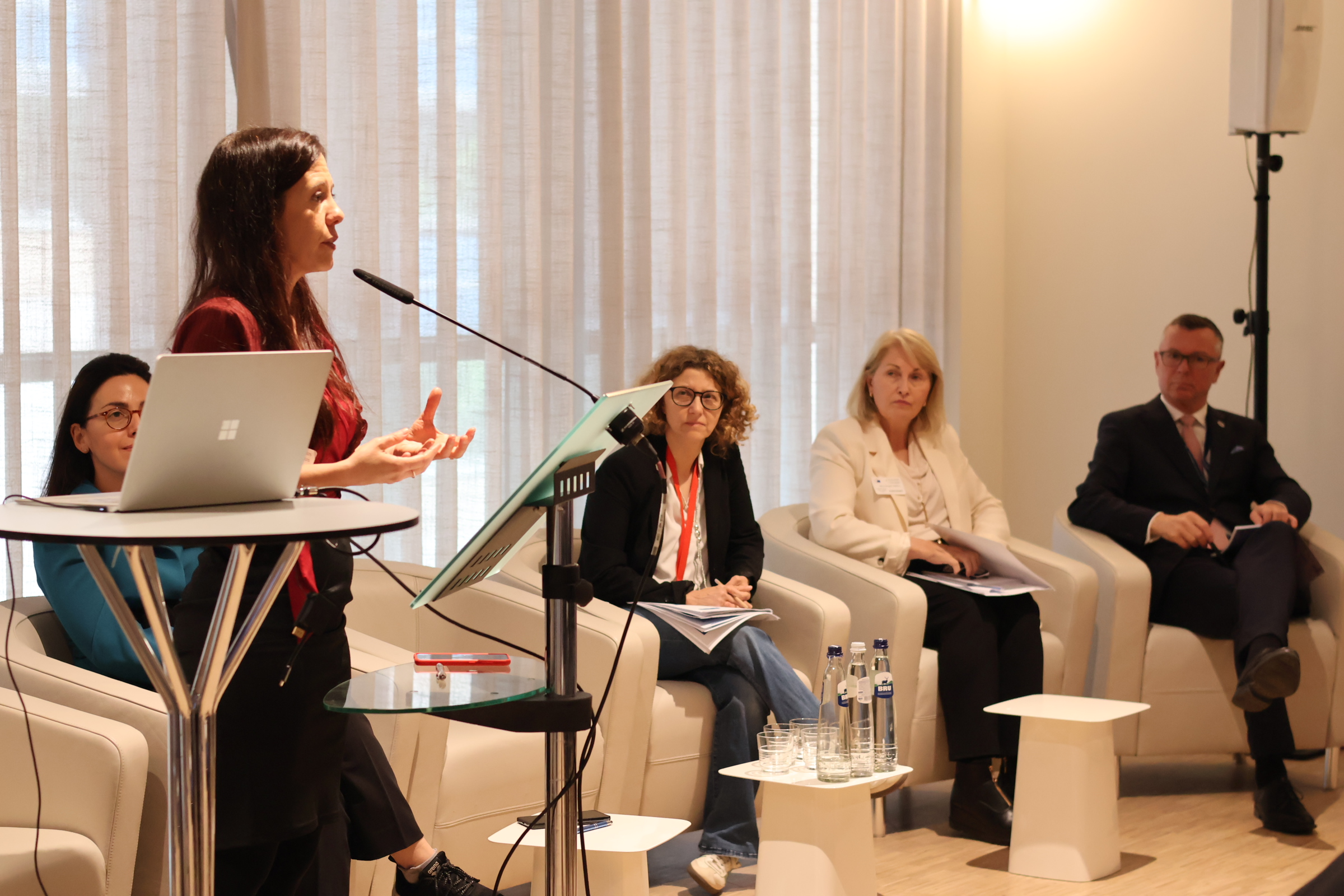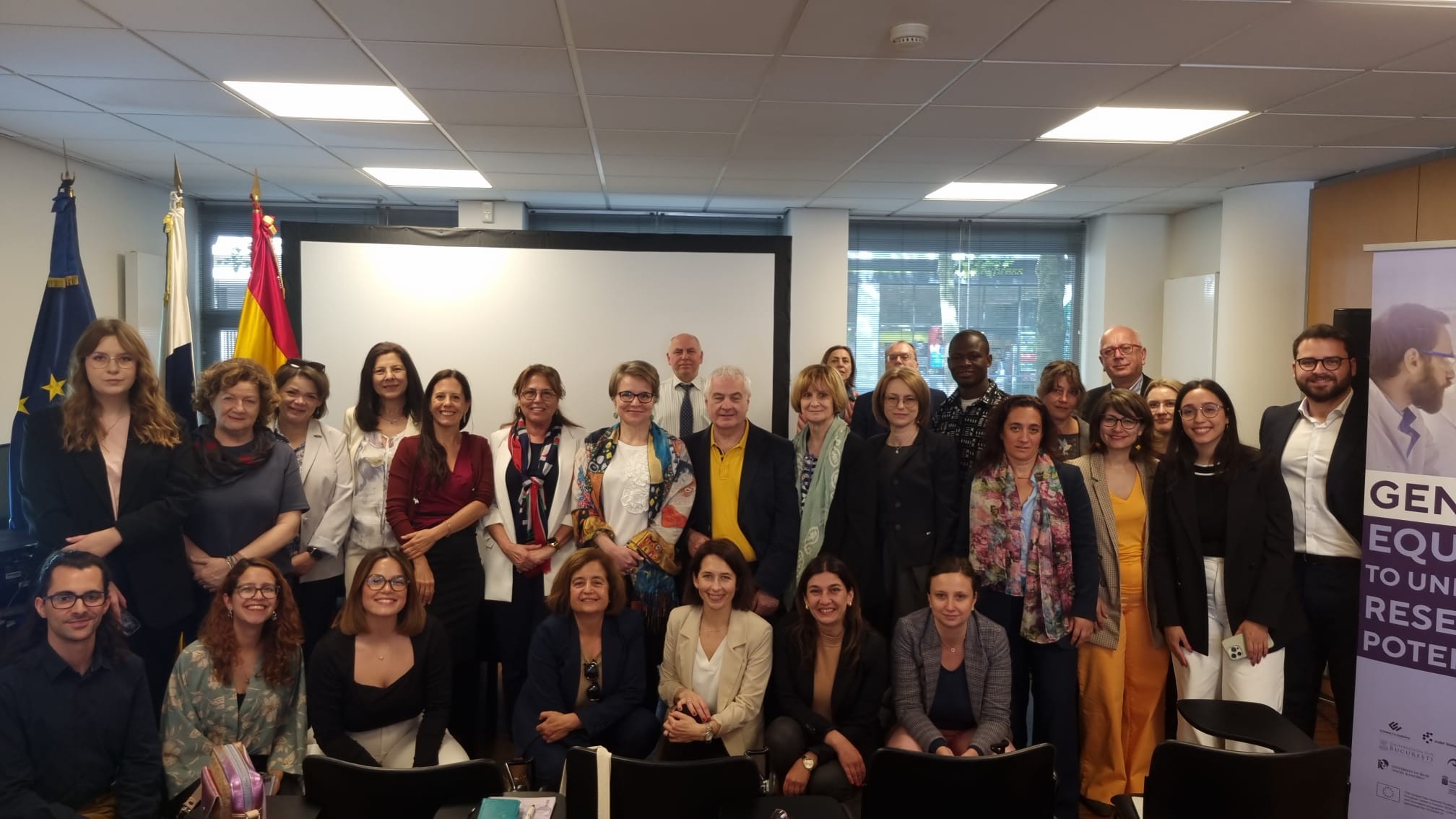
European Research Institutions showcase successes on implementing Gender Equality Initiatives
In a new series of interviews, European research institutions are shedding light on the significance and impact of Gender Equality Plans (GEPs) within their organizations. Spearheaded by ATHENA, a collaborative initiative aimed at promoting gender equality in research and innovation, these interviews provide invaluable insights into the strides being made towards gender equality.
ATHENA’s video stakeholder interview series “Empowering Gender Equality: Good Practices in European Research Institutions” features five prominent research institutions, from project partners to sister projects, from various European countries, each sharing their experiences and best practices in implementing GEPs. From Croatia to Spain, Bulgaria to Slovenia, these institutions offer a diverse perspective on the benefits and challenges of fostering gender equality in the field of research.
Among the institutions featured are the University of Rijeka (Croatia), Institute for Research in Biomedicine Barcelona (Spain), Universidad De Las Palmas De Gran Canaria (Canary Islands, Spain), Jožef Stefan Institute (Slovenia), and the University of Ruse “Angel Kanchev” (Bulgaria). Through candid discussions, representatives from these institutions explore the three main benefits of GEPs for their organizations, the expertise they’ve attracted in developing their plans, and why they advocate for other research organizations to adopt similar initiatives.
Neus Prats, Core Facility Manager and the Chair of the Equality and Diversity Committee at the Institute for Research in Biomedicine Barcelona, stressed the significance of having a Gender Equality Plan (GEP), stating, “Having a GEP helped us to be focused in establishing appropriate measures and actions to foster a more inclusive and diverse research. As an example, we have established a concrete system for mentoring and training programs for women for their career progression and leadership, reflecting our commitment to the career development of women.”
According to Prof. Dr. Boštjan Zalar, Director of Jožef Stefan Institute (Slovenia), “the implementation of the GEP goes beyond gender diversity. We tackled diversity in all other areas. The working environment is key. Such an environment cultivates creativity,” underlining the profound intersectional impact that a comprehensive GEP can have.
The interviews also highlight the collaborative efforts between ATHENA and sister projects such as SPEAR and CALIPER, which have provided invaluable expertise and support in the development and implementation of GEPs.
Through these interviews, ATHENA aims to inspire and empower other research organizations to prioritize gender equality and implement GEPs. By sharing success stories and best practices, ATHENA hopes to catalyse a broader movement towards a more inclusive and equitable research landscape across Europe.
Watch the series here: https://bit.ly/empoweringgenderequality



![[PRESS RELEASE] ATHENA Hosts High-Level Discussions on Gender Equality in European Research](https://www.athenaequality.eu/wp-content/uploads/2025/03/PRESS-RELEASE-1.jpg)












